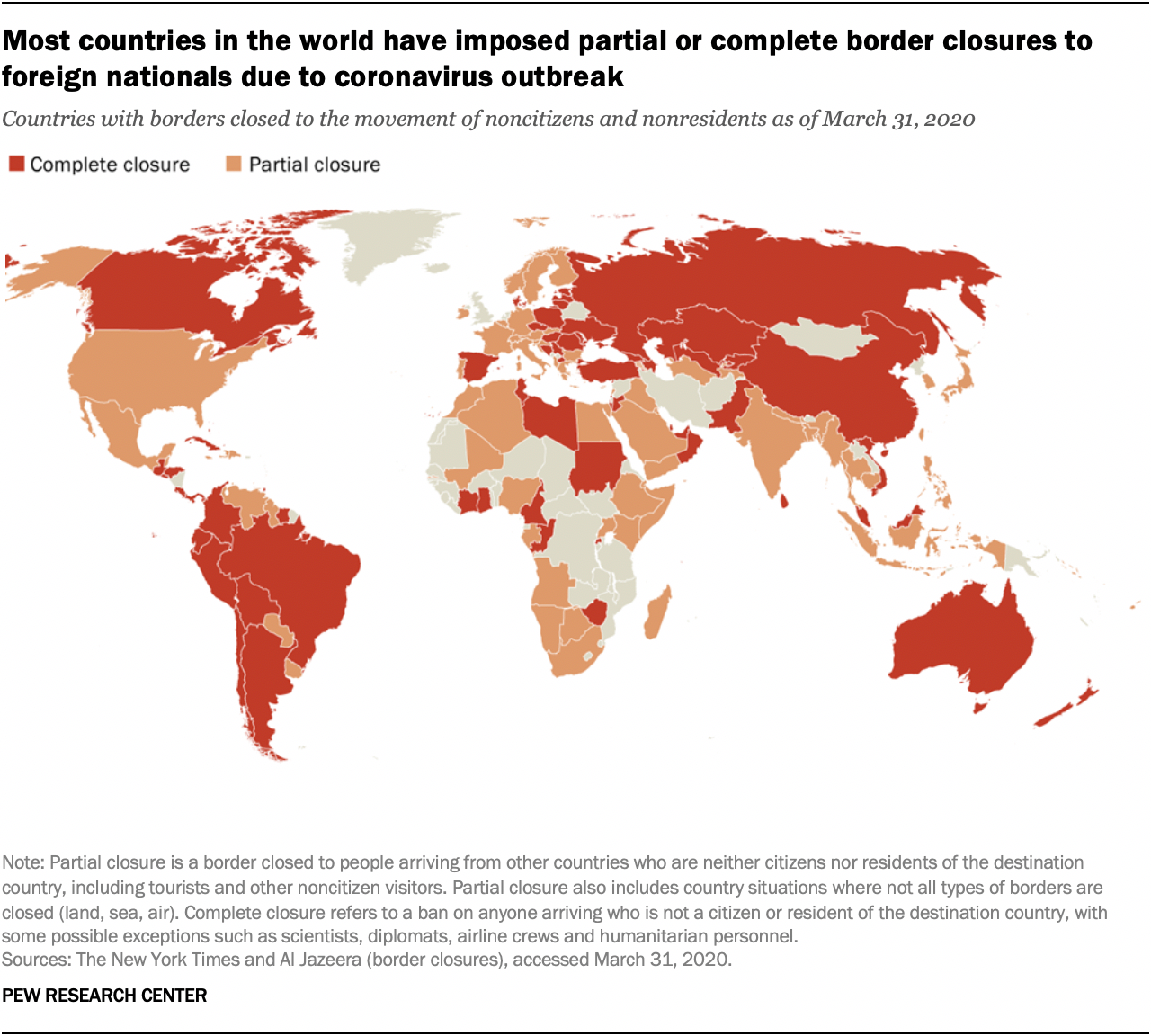
Title: Covid-19: France Closes Borders as Global Solidarity Fractures
The once-bustling Eurotunnel terminal in Calais now stands as a silent sentinel against the backdrop of an unfolding pandemic. The air is thick with tension, and the hum of activity has been replaced by the eerie silence of empty platforms. For the workers here, accustomed to the steady flow of traffic, this sudden stillness is both a beacon of hope and a harbinger of uncertainty.
Historically, France has grappled with public health crises through decisive action. From the SARS outbreak in 2003 to the H1N1 influenza pandemic a decade later, the nation implemented measures aimed at curbing the spread, albeit not without criticism. However, as the COVID-19 virus began its relentless march across Europe, France’s response was swift and unequivocal: borders were closed, quarantines enforced, and the tourism industry ground to a halt.
The immediate effects on transportation workers were profound. Truck drivers, flight attendants, and dockworkers found themselves caught between national policies and their livelihoods. Hassan, a cleaner at the Eurotunnel terminal, shared his story: “We work hard, we provide essential services, but now it’s like we’re yesterday’s news.” His voice carries a mix of frustration and resignation, reflecting the struggles faced by countless workers deemed essential yet overlooked.
Economically, these measures sent shockwaves through sectors reliant on global trade. Small businesses, particularly in tourism and hospitality, faced an uncertain future. Calls for furloughs and government support grew louder, with labor unions urging policymakers to prioritize worker welfare over economic interests. Yet, amidst the chaos, divisions emerged—not just between nations, but within societies, pitting individual safety against collective economic survival.
As France’s borders closed, a broader narrative unfolded: the pandemic exposed fractures in global solidarity. The rush for resources, border closures, and competing policies revealed a world struggling to unite under a common cause. The lessons learned were stark—emphasizing the need for international cooperation, empathy for workers, and equitable solutions that address both public health and economic stability.
In the quiet aftermath of this chapter, the Eurotunnel terminal remains a symbol of resilience and reflection—a place where the echoes of global travel once thrived and where the importance of unity in times of crisis is etched into the silence. The story continues, reminding us that while borders may close, the need for solidarity knows no bounds.
About the Author:
Tobias Müller is Multimedia Producer at our publication. Journalist and multimedia producer with a focus on European youth movements and digital culture. Tobias uses innovative storytelling techniques to engage younger audiences.
 Journalist and photographer with a focus on Middle Eastern youth and their cultural contributions. Aisha’s work bridges traditional and modern storytelling in the region.
Journalist and photographer with a focus on Middle Eastern youth and their cultural contributions. Aisha’s work bridges traditional and modern storytelling in the region. Writer and researcher specializing in Asian arts and migration stories. Bella’s work explores how young Asians are shaping global culture through their experiences.
Writer and researcher specializing in Asian arts and migration stories. Bella’s work explores how young Asians are shaping global culture through their experiences. Reporter with a background in investigative journalism, focusing on human rights and social justice. Luis has worked across Latin America and Europe, uncovering stories that resonate globally.
Reporter with a background in investigative journalism, focusing on human rights and social justice. Luis has worked across Latin America and Europe, uncovering stories that resonate globally. Sarah is a seasoned journalist with over 15 years of experience in global news and media. She has led teams in some of the world’s most challenging reporting environments, bringing a vision for storytelling that connects cultures and empowers voices.
Sarah is a seasoned journalist with over 15 years of experience in global news and media. She has led teams in some of the world’s most challenging reporting environments, bringing a vision for storytelling that connects cultures and empowers voices.